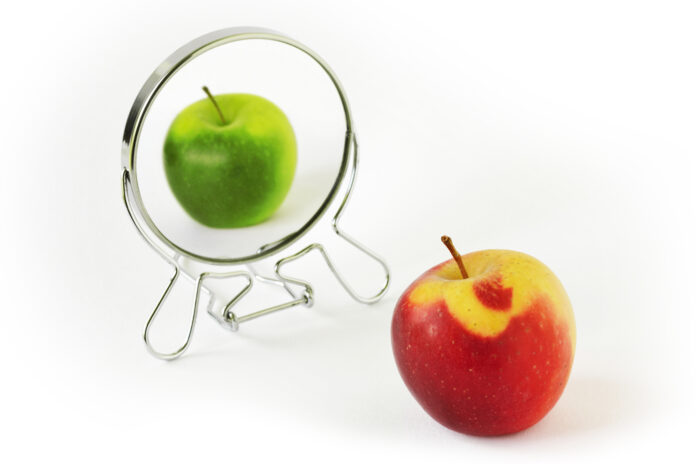
My sister and I spent the day browsing storefronts on the avenue and shopping for our little ones. “Can you do me a quick favor?” a woman said to me in an accessory shop. She showed me two headbands and asked which one I thought looked best with her daughter’s dress.
To my chagrin, my sister stepped away for a moment and couldn’t save me this time.
I flushed, the familiar embarrassment burning a hole in my lungs. “Umm…I’m sorry,” I stuttered, “but I can’t tell the difference. I’m colorblind.” After years of repeating the same thing, sharing my situation with a stranger still felt demeaning.
“Oh…” she said slowly, and then she looked me up and down with amusement and pity, wonderment apparent on her face.
This is one of the ordinary experiences I go through daily as a colorblind woman. The world around me consists of bold, dashing colors, but I live on a duller planet than most people.
Out of ten siblings, ka”h, all my brothers are colorblind. However, of my five sisters, I am the only one who sees the world differently. Color blindness is uncommon in women since both parents must carry the gene for their daughter to inherit it.
It wasn’t easy for me growing up. I remember being singled out and questioned about my peculiar difference from a young age. Some teachers found it fascinating that I could not see things as they did. But those who lacked sensitivity would prompt me publicly to explain how things looked to me.
I disliked it when friends and acquaintances challenged me with questions such as “How do you see this?” and “What does that look like to you?” Eventually, I learned to be assertive and told them I didn’t appreciate being questioned as if I were some kind of spectacle. My friends understood my discomfort and were considerate and understanding, and it wasn’t an issue for me after I was open about it.
The publicity pained me tremendously. And it hurt me when I was singled out in a crowd as “the colorblind girl.” I just wanted to be a normal, functioning member of society. All the attention and ogling over my differences just added insult to injury.
I appreciated the teachers who did not treat me any differently from the other students. Just because I saw things in alternate colors didn’t mean that I had to be seen in a different light.




















